detail profile michel field

Riwayat Hidup
Michel Field (born 17 July 1954) is a French journalist, television presenter, philosopher and novelist.
He is the author of several novels.
He served as the political director of France Télévisions.
Michel Field was born as Michel Feldschuh on July 17, 1954 in Saint-Saturnin-lès-Apt, Vaucluse, France.
His father, Erwin Feldschuh, was an Austrian Jew who emigrated to France.
Field was educated at the Lycée Claude Bernard, the Lycée Balzac, and the Lycée Condorcet.
He joined the Revolutionary Communist League at the age of 14, and he was expelled from his school because of his activism.
He graduated from Paris West University Nanterre La Défense.
He earned the CAPES and the agrégation in philosophy.
Field started his career as a philosophy teacher in Douai from 1979 to 1982, and in Versailles from 1982 to 1993.
Field is a journalist and television presenter.
He became a co-presenter of Panomara, a radio programme on France Culture.
He was a contributor to Les Nouvelles littéraires from 1984 to 1985.
In 1992, he became a co-presenter on Ciel mon mardi!.
He subsequently presented Le Cercle de minuit and Ça balance à Paris, followed by Au Field de la nuit on TF1 and Ring on LCI.
He has been a co-presenter of Médiapolis alongside Olivier Duhamel on Europe 1 since 2007.
He later served as the head of France 5.
In December 2015, he was appointed as the political director of France Télévisions.
He resigned in 2017.
Field is the author of several novels and non-fiction books.
Source: Article "Michel Field" from Wikipedia in English, licensed under CC-BY-SA 3.
0.
Info Pribadi
Peran Yang Di Mainkan Michel Field
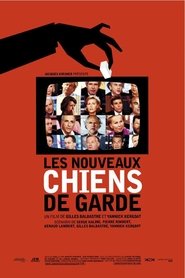 In 1932 the writer Paul Nizan published...
In 1932 the writer Paul Nizan published...The New Watchdogs 2012
In 1932, the writer Paul Nizan published "The New Watchdogs" to denounce the philosophers and writers of his time who, sheltering behind intellectual neutrality, imposed themselves as true watchdogs of the established order. Today the watchdogs are journalists, editors, and media experts who've openly become market evangelists and guardians of the social order. In a sardonic manner, "The New Watchdogs" denounces this press that, claiming to be independent, objective and pluralist, makes out it is a democratic force of opposition. With forcefulness and precision, the film puts its finger on the increasing danger of information produced by the major industrial groups of the Paris Stock Exchange and perverted into merchandise.
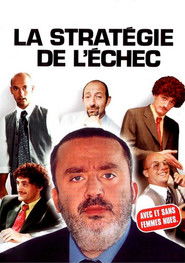 My various experiences in the field...
My various experiences in the field...The Strategy of Failure 2001
My various experiences in the field of failure have allowed me to highlight specific areas in which it is crucial to get disorganized and to recognize the steps to be taken to end in ineffective management. This sentence is totally incomprehensible. It's normal. The longer the sentences, the less we understand them. It is the strategy of failure. To help us understand the failure and illustrate this video, we will need two men who we will call Luc for further misunderstanding. We will also need a woman whom we will call Sylvie for hygiene reasons.
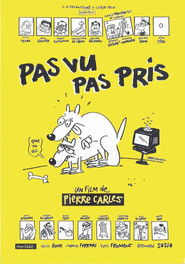 Pas vu pas pris starts with...
Pas vu pas pris starts with...Pas vu, pas pris 1998
"Pas vu, pas pris" starts with a subject filmed 2 years ago ; ordered then forbidden to broadcasting by Canal + : it was "Pas vu à la télé". Bernard Benyamin, Henri de Virieux, Patrick de Carolis, Anne Sinclair, Charles Villeneuve (amongst others) appear before the candid camera of Pierre Carles, for once subjected to an investigation that concerns their profession. After proclaiming that there is no taboo subject on television, they discover a pirate document showing Étienne Moujeotte and François Léotard in a business discussion about the destinies of TF1. Question asked : would they have agreed to broadcast this document and if not, why not ? The investigation itself is objectively searching : anything can be said on TV except one thing, the more or less close collusion of journalists and the political powers. Pierre Carles gives us a sharp reflection on the scope of this "fourth power" that the media have become, and on the compromises of those who are its masters.
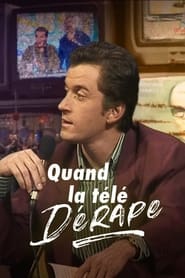
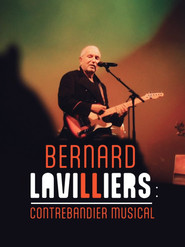
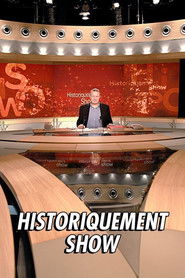
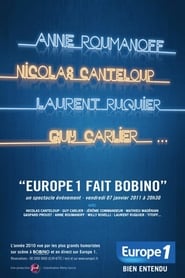
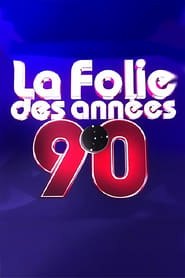
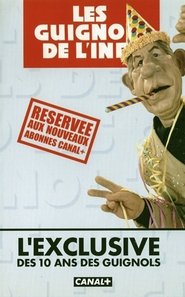
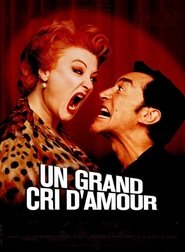 A famous couple is going on...
A famous couple is going on...
